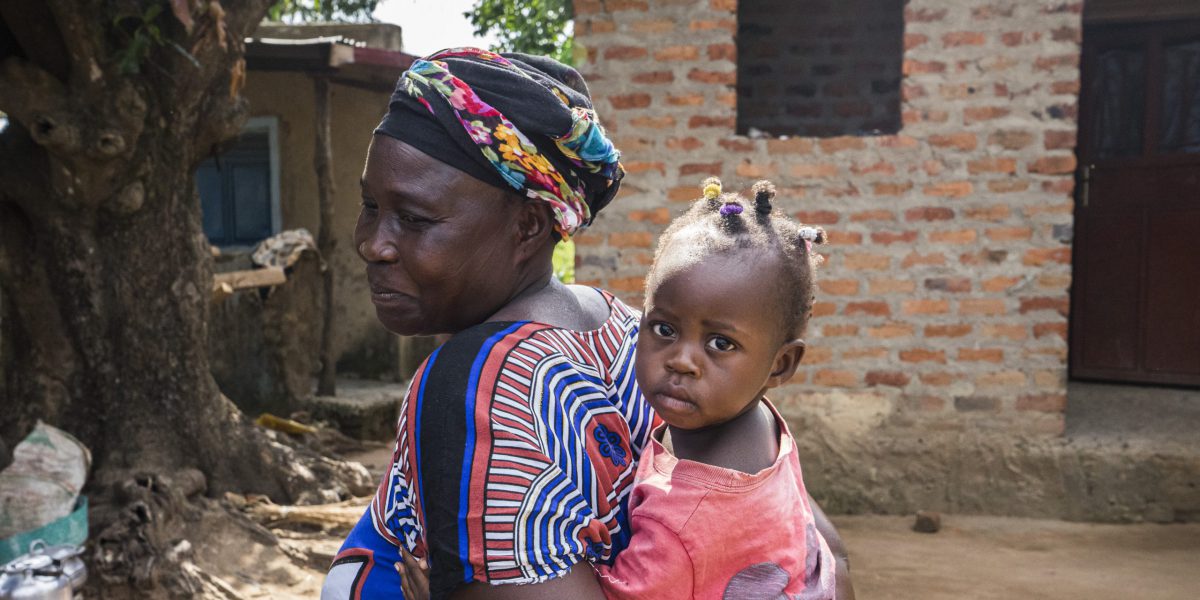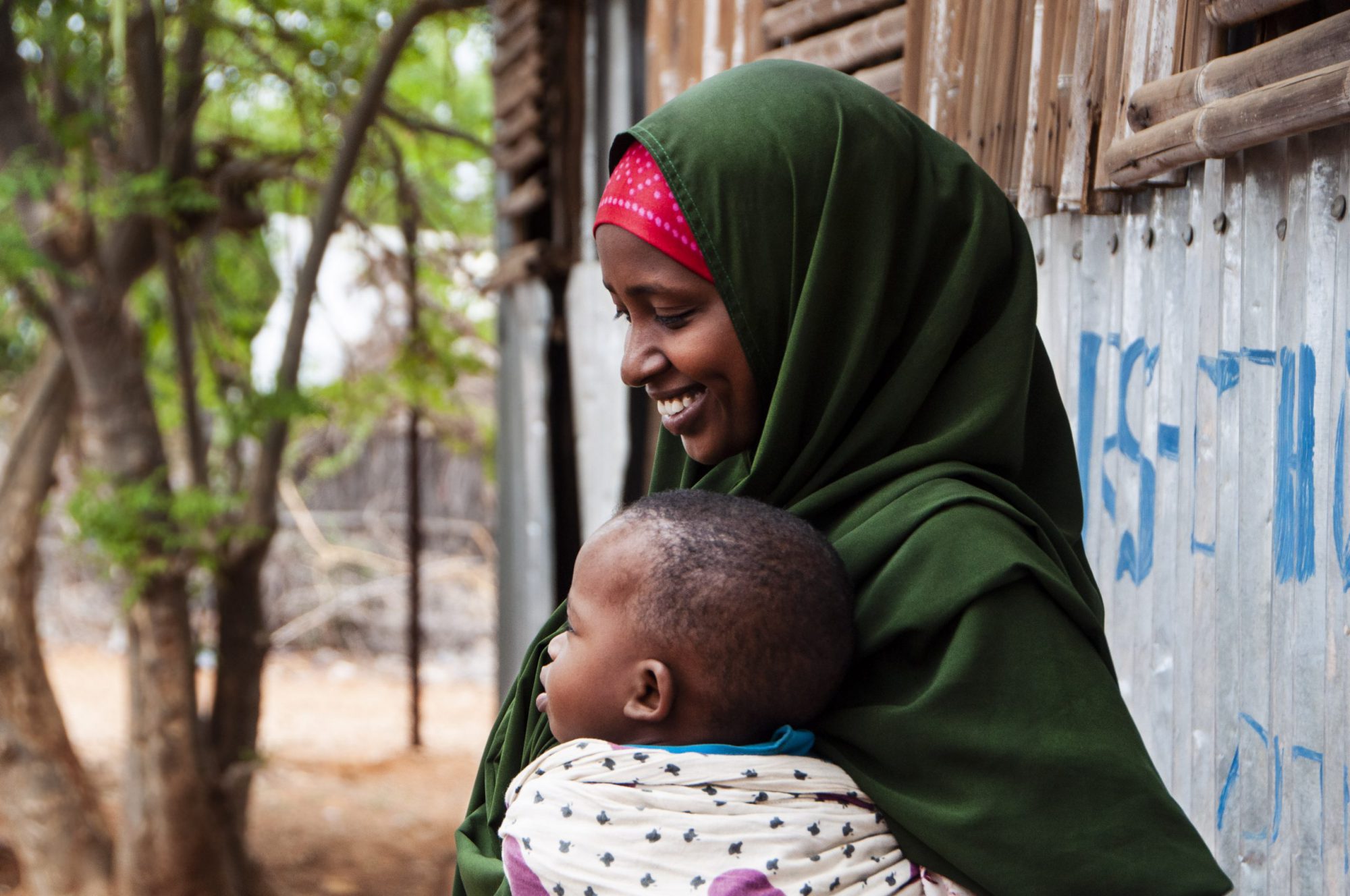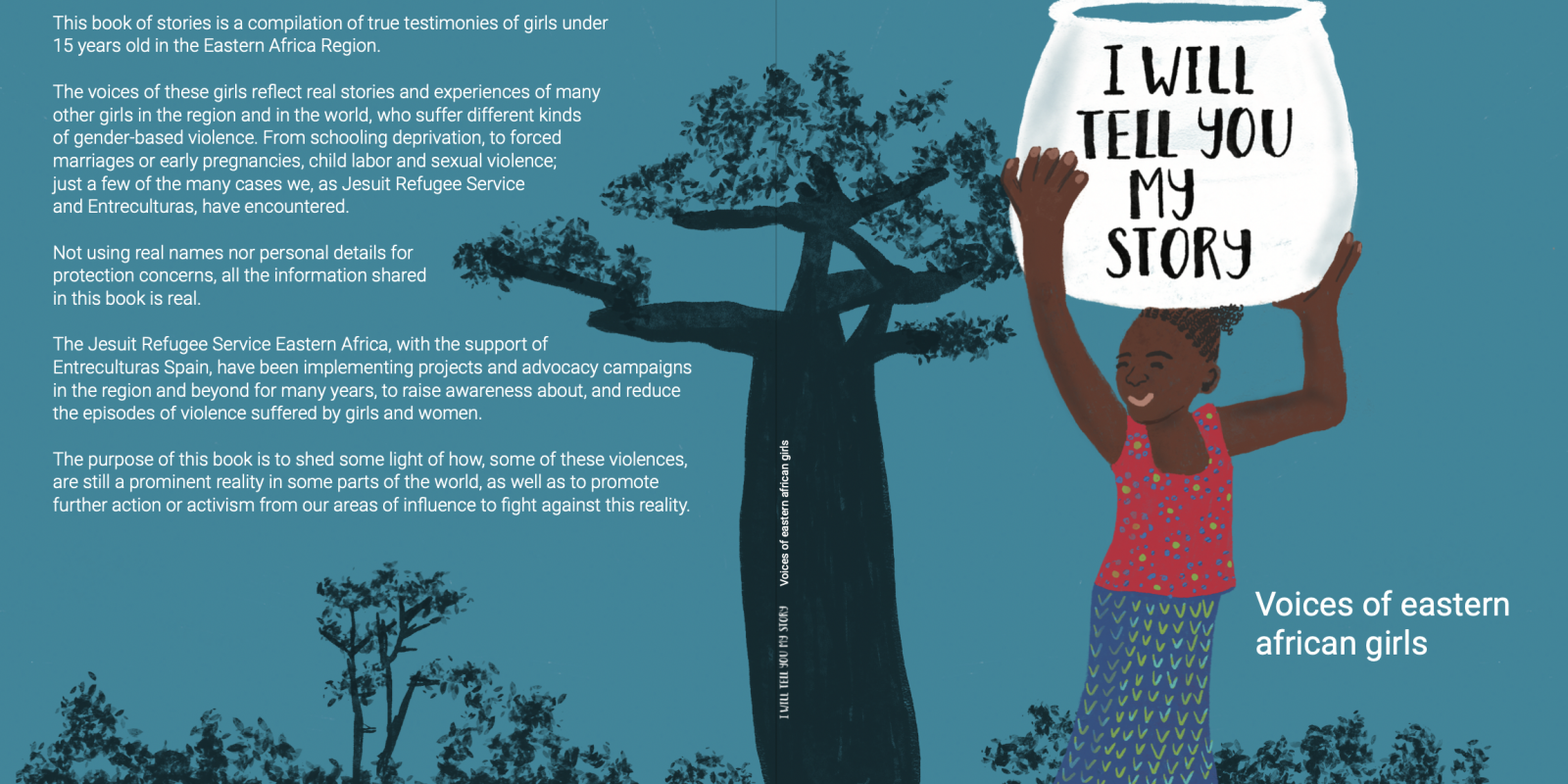
In the last weeks, the escalation of tensions among militia groups in the Democratic Republic of Congo (DRC) have resulted in more than 10,000 new arrivals crossing the frontier to Uganda in the Southwestern part of the country.
The greatest majority of arrivals were women and children (children make up to 63 per cent of the registered population).
While the borders remain officially closed due to COVID-19 restrictions, Uganda has once again applied an exception and granted safe passage to people seeking safety and who may be in need of international protection and life-saving assistance.
UNHCR and its partners, with support from local authorities, are trying to give a fast and efficient response to the situation: offering shelter, food, water, and basic needs materials.
The economic constrains and limited budgets, though, are being challenging for the responding organizations: “UNHCR is concerned that local capacities and services may be soon overwhelmed and urge resources to address the needs of the new arrivals.”
As the security situation in DRC seemed to have improved and stabilized during the last days, communication had been shared that the majority of those new arrivals began crossing back into DRC.
However, due to the fragility of the situation in the country, all NGOs mobilized to the affected territory are observant andready to react if something new happens.
The Jesuit Refugee Service, despite being within the inter-agency conversations, is not acting directly on the border as for now, since other INGOs have taken lead on this response.
Nonetheless, we are all vigilant and available to see if our direct contribution will be needed to have a fully, coordinated response among all INGOs.
Given the current instability in the Eastern Africa region, we at JRS, like any other INGO, are in desperate need of financial resources to be able to respond promptly to such kinds of emergencies.
DRC, Ethiopia, South Sudan and Somalia…all remain volatile and possess underlying issues that could very quickly escalate into trans-frontier humanitarian crisis. Therefore we need to be able to respond effectively.
You can help us respond to such crises by contributing to an emergency backup fund: please give now. Donate to JRS Uganda or JRS East Africa.
We might need you soon.


